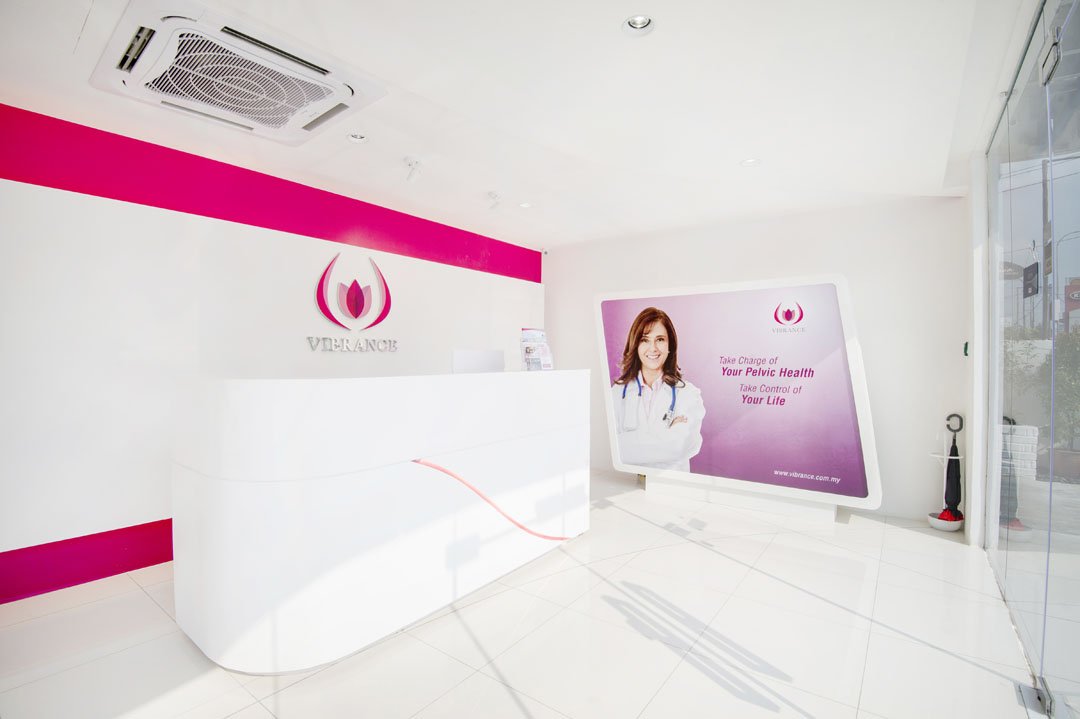Vibrance Prolapse Rehab
Treat 'Rahim Jatuh' with Clinical Therapy
Indicated for women:
1) Above 35yrs Old,
2) Who has Given Birth, OR
3) Approaching Menopause
Should You Be Concerned?
‘Rahim jatuh’ is a type of pelvic organ prolapse which happens to about 40% of women in their lifetime1.
When that happens, our uterus will fall out of our vagina, causing multiple dysfunctions affecting our daily life from toileting to walking.
Good news is, it is now easy to prevent and to treat early stage prolapse. When done early, you can prevent prolapse for your whole lifetime.
Video Illustration: How ‘Rahim Jatuh’ / Uterine Prolapse Happens Inside of Our Body
Easier to Treat Before Stage III
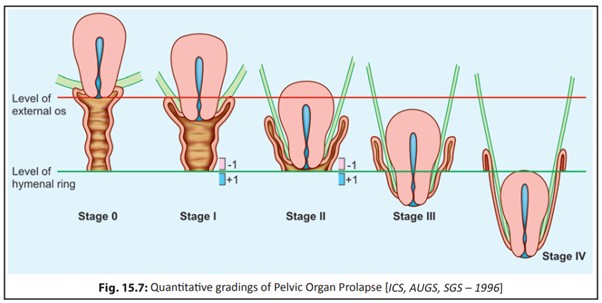
A timely treatment can make a huge difference in our treatment options – between SURGERY (risky) and a safe and painless Pelvic Floor Rehab via PELVIC PHYSIOTHERAPY.
Reversing a Stage I-II prolapse can take 2-4 months, whereas it can take a much longer period with additional gynaecology interventions such as insertion of a pessary ring to support the uterus when we are in Stage III.
When is Pelvic Rehab too little too late?
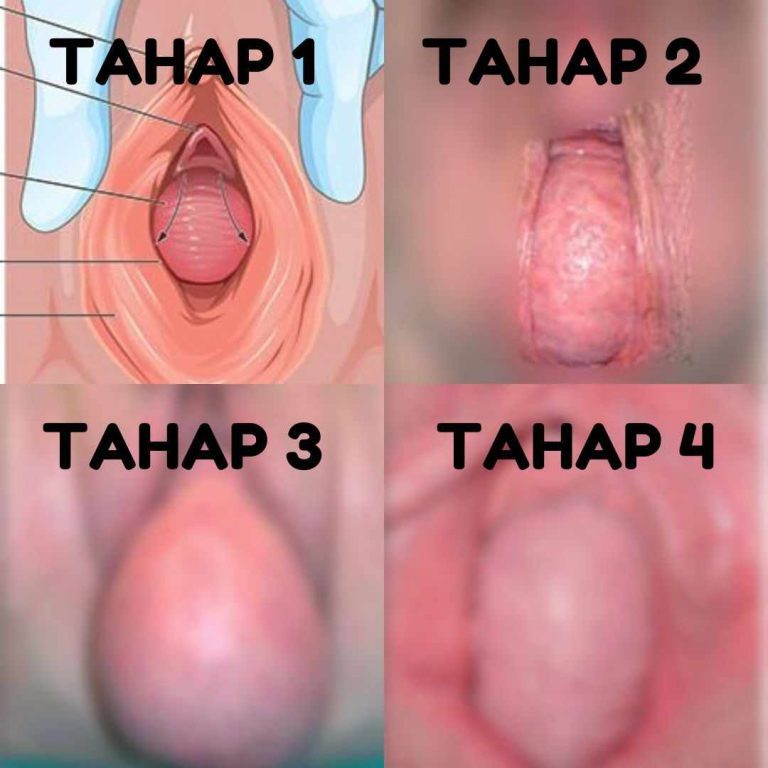
Pelvic Rehab may be a non-option for us once we move past Stage II to Stage III where it is more and more difficult to rehab.
For example, a Stage IV prolapse may only be relieved by invasive pelvic surgery. After which you will still requires post-surgery pelvic rehab to recover, followed by a lifetime of prehab to prevent other organs from prolapse.
Prolapse is not limited to the uterus

The pelvic floor muscles is a support system that holds 3 pelvic organs – the uterus, bladder, and rectum. Prolapse can happen to any or all 3 of the organs at the same time.
What Are the Effects of Prolapse?
Women with ‘rahim jatuh’ constantly experience discomfort from:
– Pelvic pressure
– Vaginal bulge
– Friction during movement
– Urinary and bowel dysfunction
– Sexual dysfunction
– Recurring urinary tract infection
– Affected emotional wellbeing
It is a highly bothersome condition
Are you at risk 'rahim jatuh'?

Leaking Urine Involuntarily
It indicates our pelvic floor is no longer strong and in control to support our internal organs from falling.
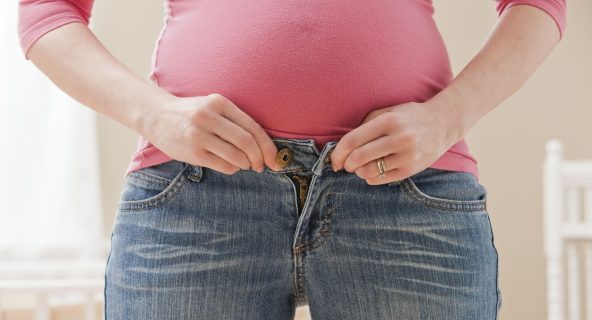
Pressure, Bulging feeling down there
It may feel like a ball or bouncy object is pushing out or constantly at the lower abdomen area. Sometimes with pain.
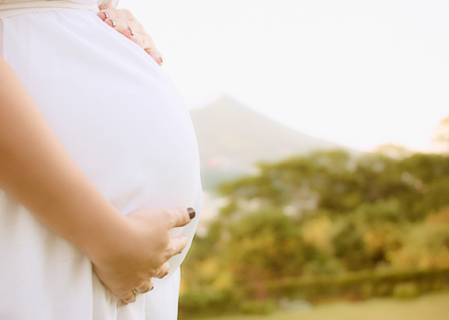
Pregnancy, Assisted Deliveries
It is a known risk factor that pregnancy can overstretch our inner muscles and cause our internal organs to move positions.
Assisted delivery procedures such as forceps and vacuum, episiotomy can further affect our perineal & pelvic region.
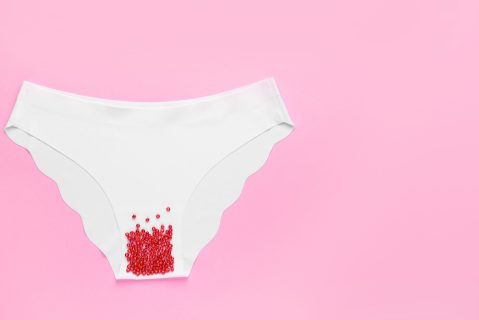
Spotting outside of menses
You start noticing blood spotting on your panties outside your menstruation cycle. You feel something is rubbing against your panties.
Good news is, it is entirely preventable
Early detection can help you reverse and cure ‘rahim jatuh’, restore the support and also control of our bladder functions and vaginal tone.
Screen for Pelvic Organ Prolapse, Defend your Quality of LIfe
- Prevent P.O.P
- Identify signs of early prolapse
- Reverse P.O.P early
- Avoid prolapse surgery
- Enjoy FREEDOM of activity and maintain quality of life
- Prevent related issues e.g. leaking urine, reduced intimate sensations, loss of confidence.
Undetected 'rahim jatuh' is Expensive
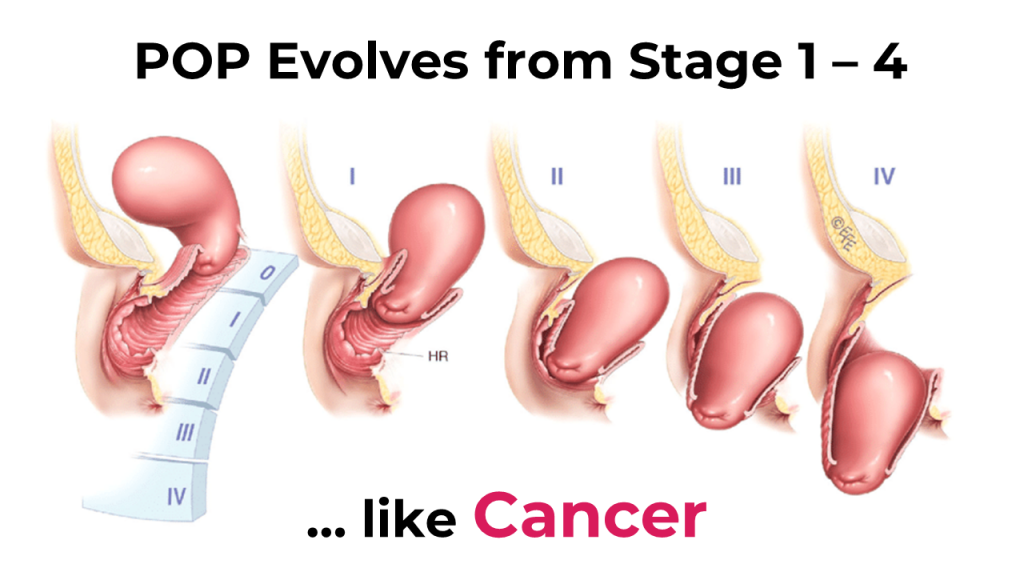
Left unmanaged, most women often only discover prolapse ('jatuh organ dalaman') when the internal organs are visible outside of the body.
When it is visible, it's much harder to treat.
Treatment options becomes more risky and more expensive when we reach Stage 3-4, such as surgery and post-surgery rehab.
What's It Like Living with Prolapse?
Patient A
I feel a baseball working its way out like a baby
Can you imagine a baseball is trying to work its way out of your vagina, towards your legs?
This is what Mrs. C has been experiencing since the age of 60 after going through 3 pregnancies previously and did not know she had weak pelvic muscles.
As Mrs. C would call it, having a “baseball butt” can make life difficult whether you’re standing up or sitting down and therefore, almost made it impossible for her to go anywhere without feeling completely demoralized and uncomfortable.
“I stopped going anywhere as the only comfortable position for me was just lying flat.”
“I couldn’t go scuba diving or even pick up my grandchildren because any time you pick up something, the pressure goes right to the pelvis.”
Patient B
More Mental than Physical
“Living with a prolapse is 80% mental. It’s an acute psychological battle which is way more damaging than managing the actual physical prolapse.”
Most of the time, women who experience P.O.P do not understand what is happening to their body and just use temporary coping methods to just “deal with it”. In the end they suffer physically as well as psychologically such as frustration and depression.
SUMMARY:
Prolapse is associated with a variety of urinary, bowel and sexual dysfunction which can significantly affect the quality of life and the emotional wellbeing of the patients negatively.
Prevent and reverse prolapse
before it takes away your ability to live normally.
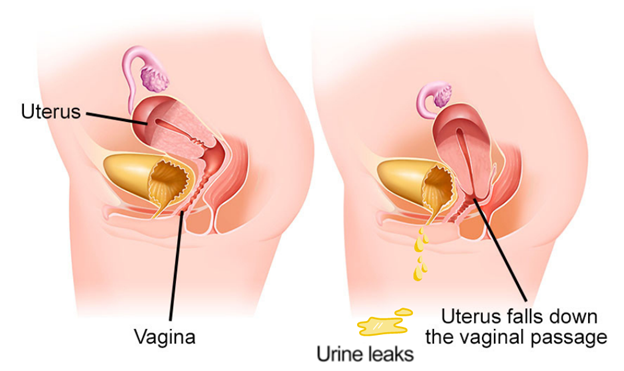
Prevent uterus removal
Maintain bladder control
Self-autonomy as we age
Never too early to start taking care of your uterus.
Start 'Naikkan Rahim' Today!
Normal Price: RM190+SST/pax
Campaign Period:
1 person - 20% off
2 persons - 40% off
Enjoy the above limited time offer when you pay in-centre
Appointment must be completed on or before 31 May 2024
Book your appointment using any of the channels you prefer:
ONLINE EXLCUSIVE:
Get an additional 10% off and save up to 50% when you pre-book online below:
More about the centre
Vibrance Pelvic Health Centre (VPHC) is a specialized pelvic healthcare centre with the purpose of providing women with comprehensive pelvic healthcare to overcome urinary incontinence, sexual dysfunction, chronic back pain, manage pelvic organ prolapse, and regain full pelvic floor function and health.
Since 2018, Vibrance has helped over thousands of women overcome pelvic health issues and regain their quality of life.

